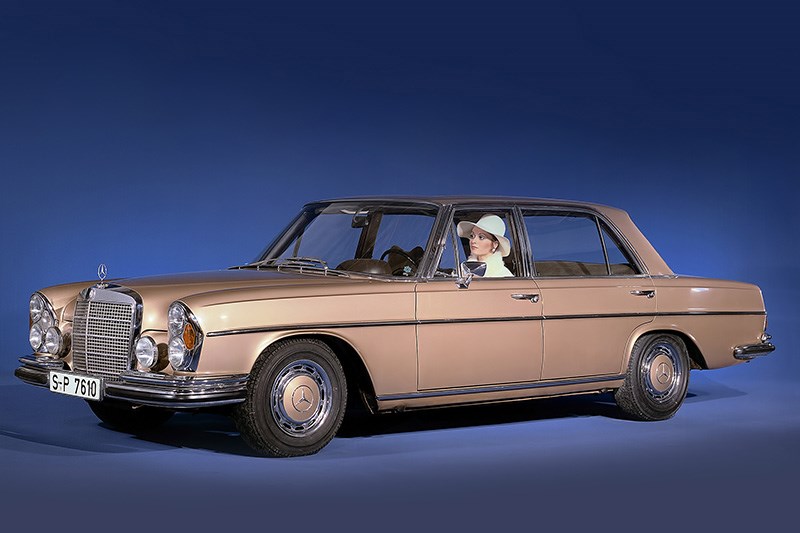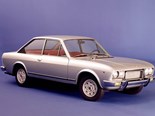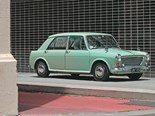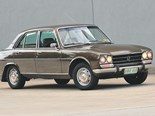2019-20 European + British value guides



|
Our guide to what's hot and not with Brit and Euro models
Roll up, roll up, and get your British/European status symbol at prices that can’t last forever? Or can they?
Whether you have the better part of a million to spend or just a few grand, something featured in our market review could very soon be occupying space in your garage and causing neighbours to wonder how you could afford one of those.
As the years roll by, cars that once were absolutely out of reach have become so affordable that you might re-read the advertisement looking for the line that reads ‘Car is at the bottom of a croc-infested creek’. However there truly is nothing wrong with it (allegedly), simply that the market has moved on and 10-20 year-old prestige cars just aren’t thrilling buyers the way they once did.
Even cars that date back further than their owners have stayed relatively affordable. You just need to decide which one fits your needs and lifestyle.
If you fancy a front-wheel-drive BMC model from the 1960s, the collector in your head will push for $20,000 to be spent on a cramped 850cc Mini. However a roomy Austin 1800 is a third of the Mini’s price and values continue to rise.
With European and British models, the process of choosing very often involves nostalgia and conferred status. A Holden or Falcon with racing in its DNA might well be worth a million dollars but to the average punter it looks just like the one their grand-dad drove 50 years ago.
Spend your million on a DB-prefix Aston-Martin though and anyone who has seen a James Bond movie knows you are channelling 007 and are driving a car that is very special. Should you not be in the market for an Aston, perhaps a Sunbeam as driven by TV spook Maxwell Smart or a clapped-out Peugeot in the manner of Detective Columbo might suit the budget and still turn heads.
There continues to be a whisper in the winds that environmental pressures will again threaten the survival of older cars. Not the genuine, once-a-month classics (hopefully anyway) but 10-30 year-old models of all kinds that currently are banned from city centres in parts of Europe.
Those cars, if they manage to remain in regular use, will likely be the targets of further restrictions once the next level of European emission controls arrive in 2020. However, these vehicles could well be the architects of their own demise.
With parts expensive or non-existent, those that suffer catastrophic electronic and mechanical failures will very likely be sent straight to the scrapper, leaving an expanding black hole in the lineage of automotive history.
Not all car-makers believe in the throwaway culture of course. British Motor Heritage which has existed since 1975 continues to produce factory-correct parts and even complete body-shells for numerous models associated with BMC or British Leyland.
Porsche has also been keen to preserve its older models and of late has adopted 3-D printing as a means of supplying obscure parts that don’t warrant the set-up cost for mass production. All of which leads us to believe that the times in which we are living are set to become more interesting.
| See the full list of European 2019 market reviews and buyers guides
| Read next: Understanding our Euro classic car buyer guides
Unique Cars magazine Value Guides
Sell your car for free right here
Get your monthly fix of news, reviews and stories on the greatest cars and minds in the automotive world.
Subscribe

.jpg)














